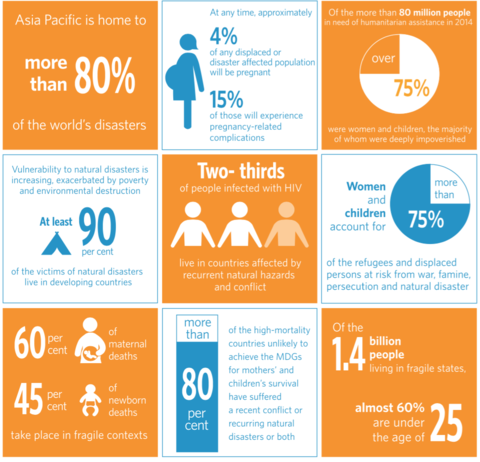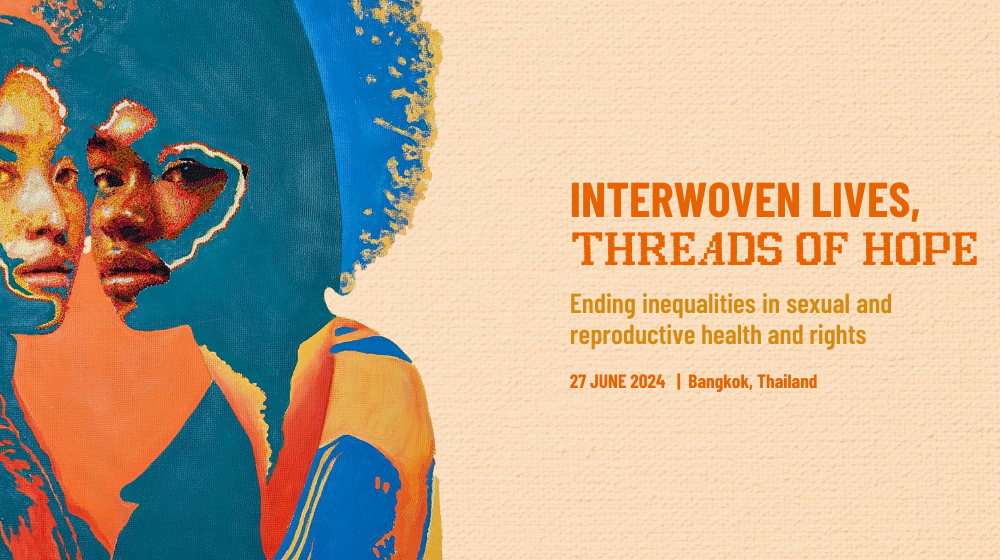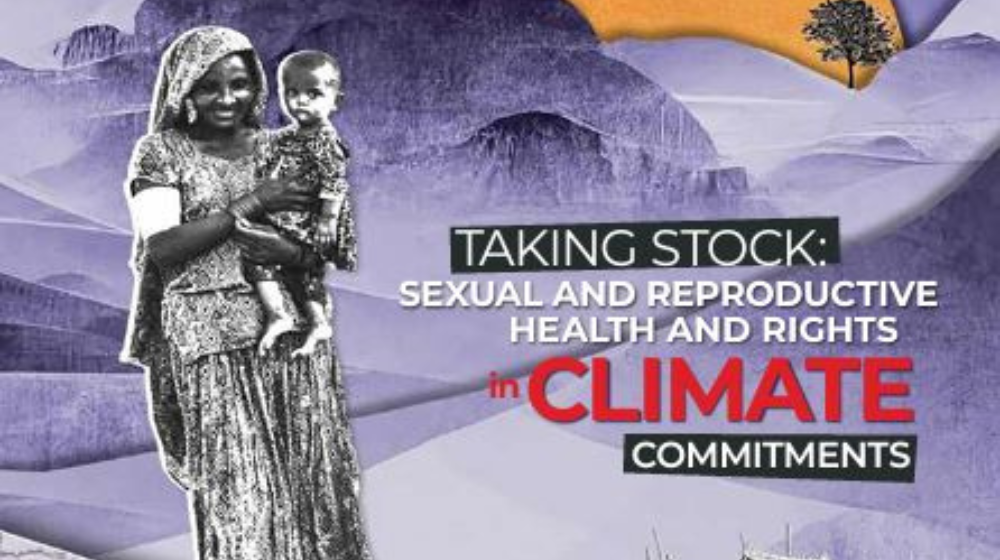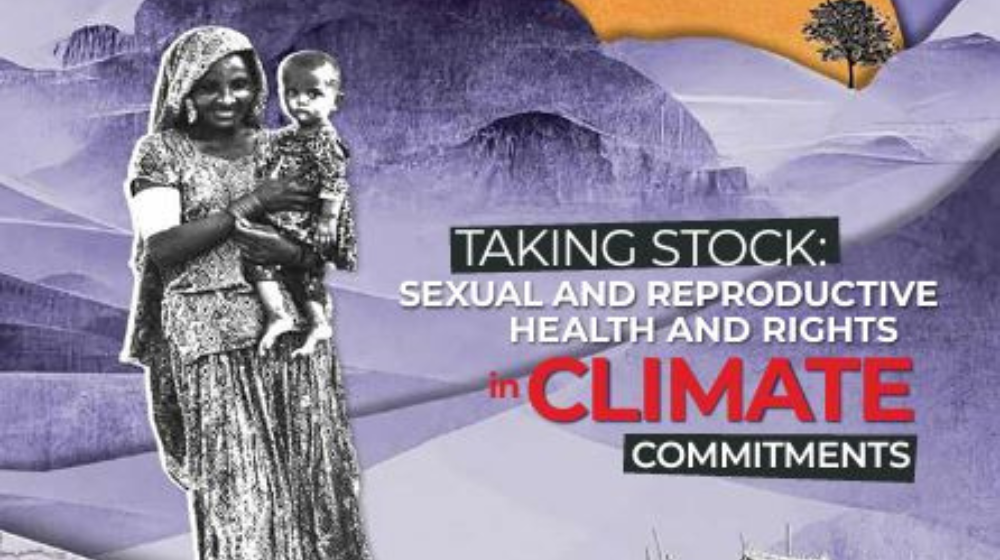
Every day, humanitarian aid workers stand on the front lines of war and disaster, braving tremendous dangers and difficulties to deliver assistance to those who need it most.
World Humanitarian Day, which takes place every year on 19 August, recognizes the aid workers who risk their lives in humanitarian service, and mobilizes people to advocate for humanitarian action. The day was designated by the General Assembly seven years ago to coincide with the anniversary of the 2003 bombing of the United Nations headquarters in Baghdad, Iraq.
This World Humanitarian Day, the UN and its partners are calling for global solidarity with the more than 130 million people around the world who need humanitarian assistance to survive, one in four of whom are women and adolescent girls of childbearing age.
Under the theme of ‘One Humanity’, World Humanitarian Day highlights how the world came together in Istanbul for the World Humanitarian Summit earlier this year, and made commitments to support people affected by crisis and ensure that aid workers can safely and more effectively deliver to those in need.
Read the statement from our Executive Director, Babatunde Osotimehin.
Asia and the Pacific
Asia-Pacific is the most disaster-prone region in the world. Between 2008 and 2014, 184 million people were displaced by a disaster. This is equivalent to one person every second. The region is also home to a number of long-running conflicts that exact a human toll.
The United Nations Population Fund (UNFPA) places women and girls at the centre of humanitarian response. Every year the number and frequency of disasters, whether natural or conflict-related, is increasing, with millions of people displaced.
UNFPA works to fulfill the pledge of the Sustainable Development Goals, of truly leaving no one behind: focusing on the needs of women and girls for a world where every pregnancy is wanted, every childbirth is safe, and every young person’s potential is fulfilled.
Read our new report: Responding to Emergencies in Asia and the Pacific.
Displaced in Myanmar

Khin Me was just 22 years old and gearing up for graduate school when a wave of inter-communal violence swept across her home state of Rakhine, Myanmar in 2012.
Four years later, she's giving guidance and support to other women and girls displaced by violence in one of the 15 UNFPA supported Women and Girls Centres across the country.
Read Khin Me's story.
New lives for Nepal's earthquake survivors
After losing her seven-year-old son and her home in Nepal's devastating earthquake of April 2015, Ishwori Dangol hit rock bottom.
Seven months pregnant, in increasing pain and afraid she would miscarry, she didn’t know where to turn.
Dangol, one of some 93,000 pregnant women affected by the quake, headed for a UNFPA supported reproductive health camp to save her baby.
Read Ishwori's story.
Facts and figures





